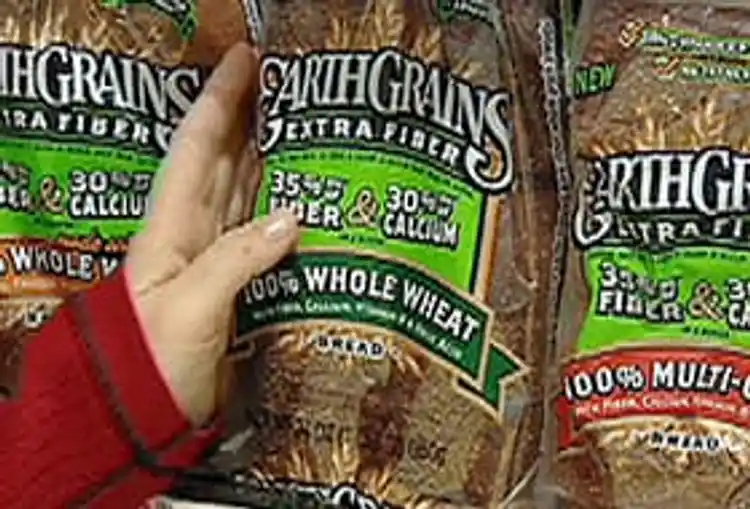Supermarket Savvy

Hide Video Transcript
Video Transcript
Narrator
They're hiding. Lurking around the next corner. Waiting for you to stumble upon them. Hoping you won't resist. : music
Narrator
The supermarket can be a scary place when you're dieting! Temptations are at every turn. So we turned to WebMD's dietitian, Elaine Magee, for advice on how to navigate safely. Elaine Magee, MPH, RD
First, never go shopping when you're hungry! Second, always bring your list. If you're prepared, you can avoid these weight loss sink holes. Elaine Magee (cont.)
A successful dieter spends a lot of time here, in the dairy case. But be sure to read those labels! Many of the non-fat, low-fat foods add extra taste and added sugar and therefore extra calories. Elaine Magee (cont.)
Just look at these Omega 3 eggs. What a great way to pump up those essentials oils and protect your heart. Try some of the new egg substitutes too. I often use half real eggs and half egg substitute in my recipes and my family doesn't even know the difference. It used to be you gave up flavor if you gave up butter, but no more. Trans-fat free, these new spreads even have plant sterols added, which brings down bad cholesterol while saving on calories! Elaine Magee (cont.)
A key spot in the supermarket is the whole grains section. Make sure when you're choosing bread, that 'whole grain' or 'whole wheat' is listed first on the list of ingredients. The same applies to the cereal and cracker aisle. But here you need to read labels even more carefully. Many still have trans-fat and high fat content, not to mention sugars. Elaine Magee (cont.)
Four words for the produce section— it's all good! Two more words— eat more! Elaine Magee (cont.)
What about chips and dips, nuts and ice cream? For my family, it's the light choices. With around 100 calories and 3 grams of fat per half cup serving. Lots of people crave the crunch and saltiness of chips. The secret is finding a lower fat chip that has enough crunch and flavor. Generally the best tasting products have around 1.5 to 3 grams of fat per ounce. Yes, it is true nuts are high in fat and calories, but evidence suggests that eating 1.5 ounces of nuts per day as part of a diet low in saturated fat and cholesterol, may reduce the risk of heart disease. That's a little more than a quarter cup a day and a very smart snack. Narrator
With these tips in mind you're sure to have a supermarket shopping success! For WebMD, I'm Sandee LaMotte. 
